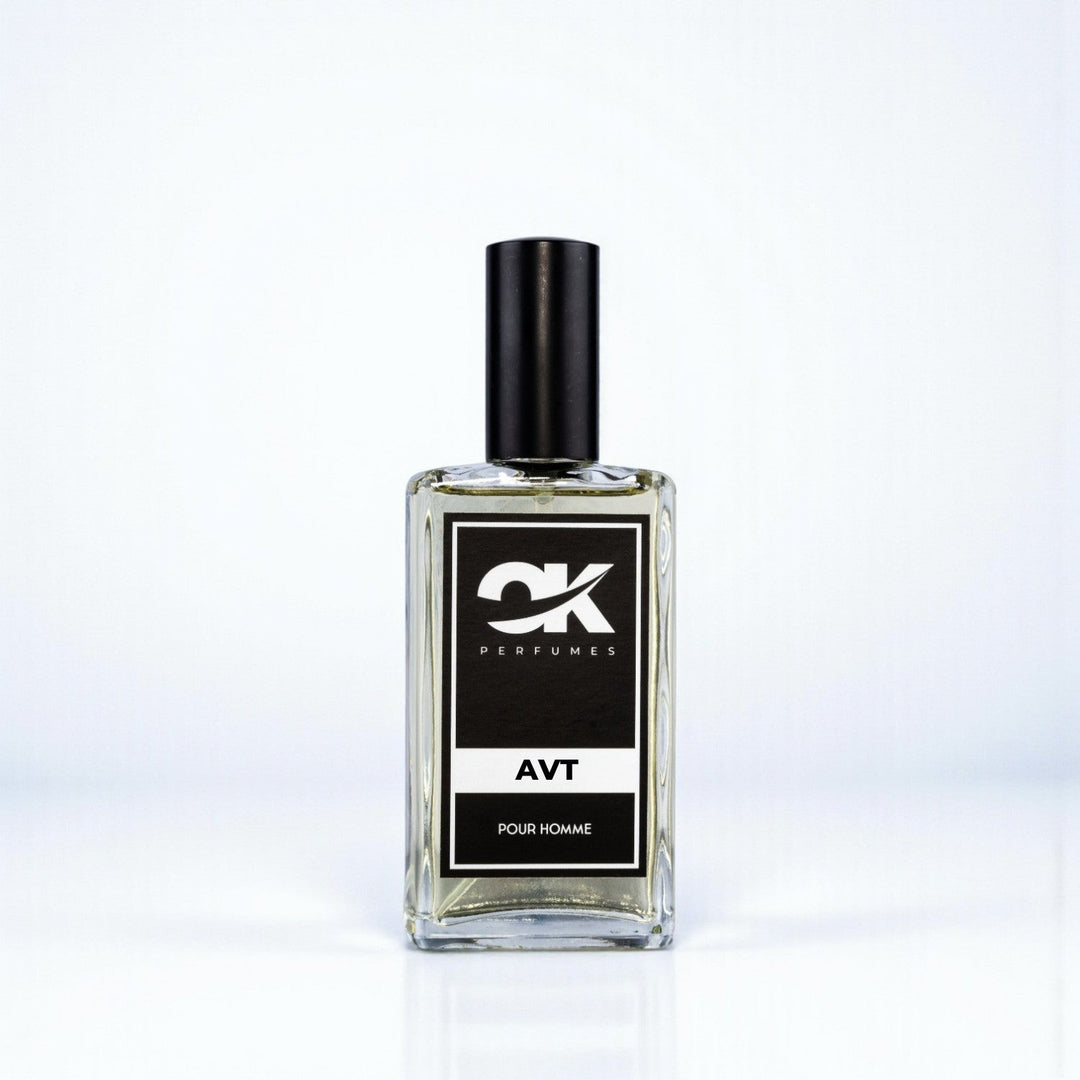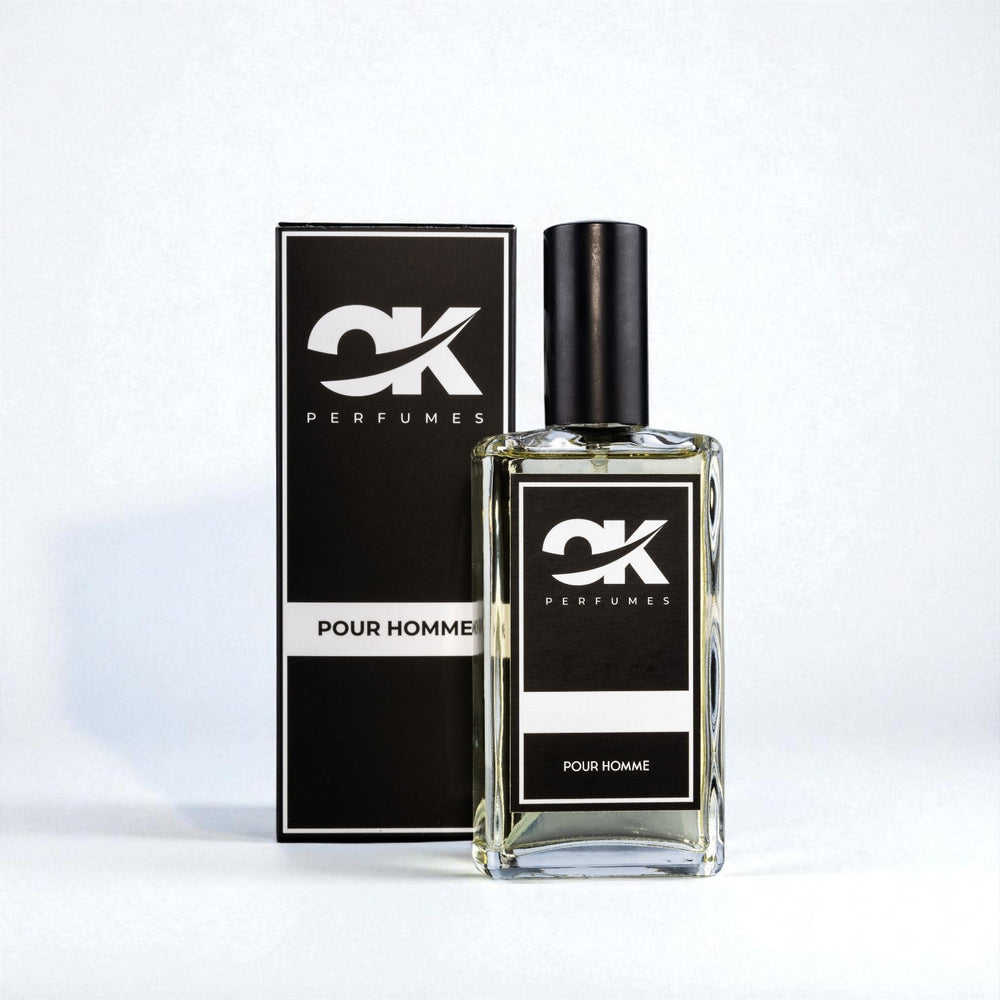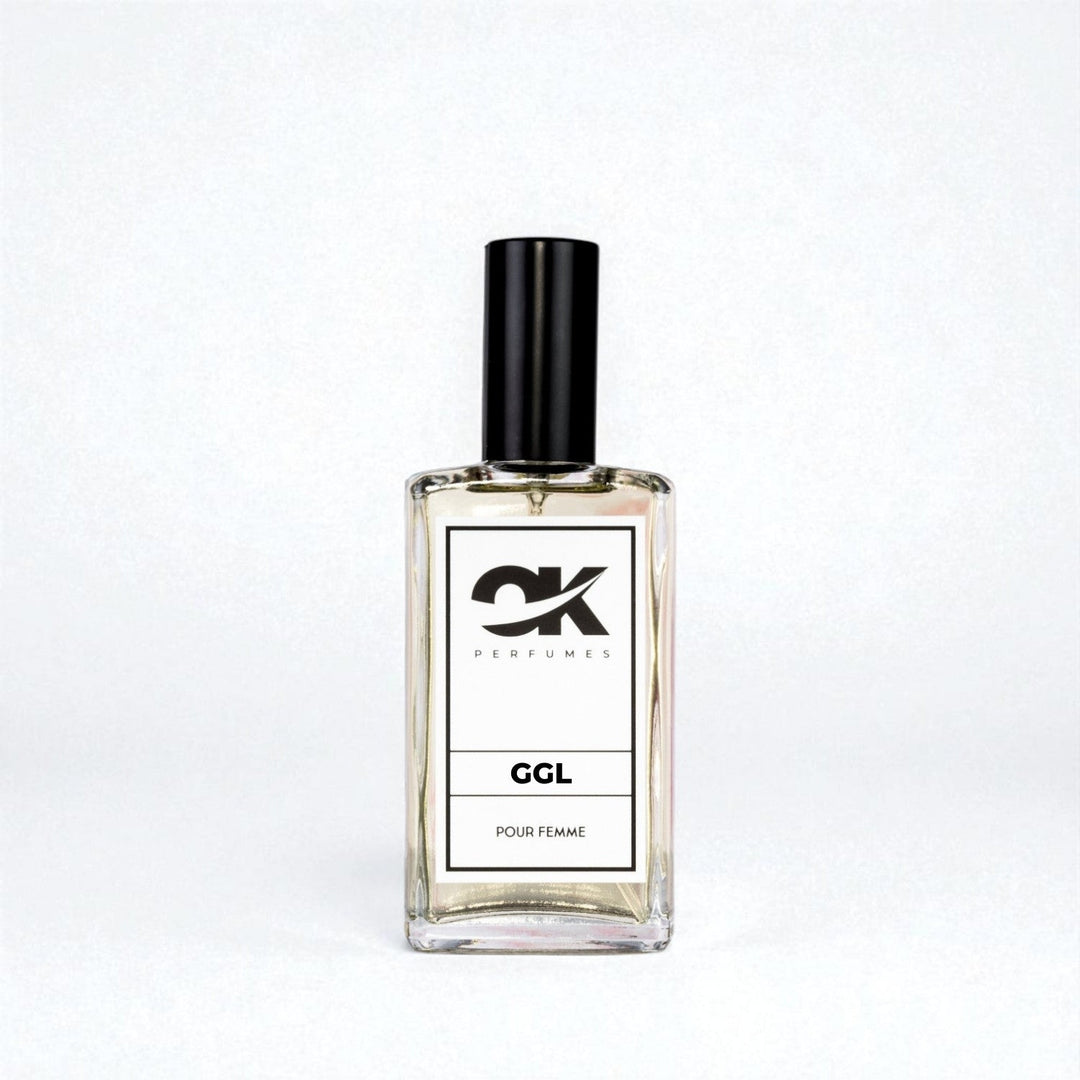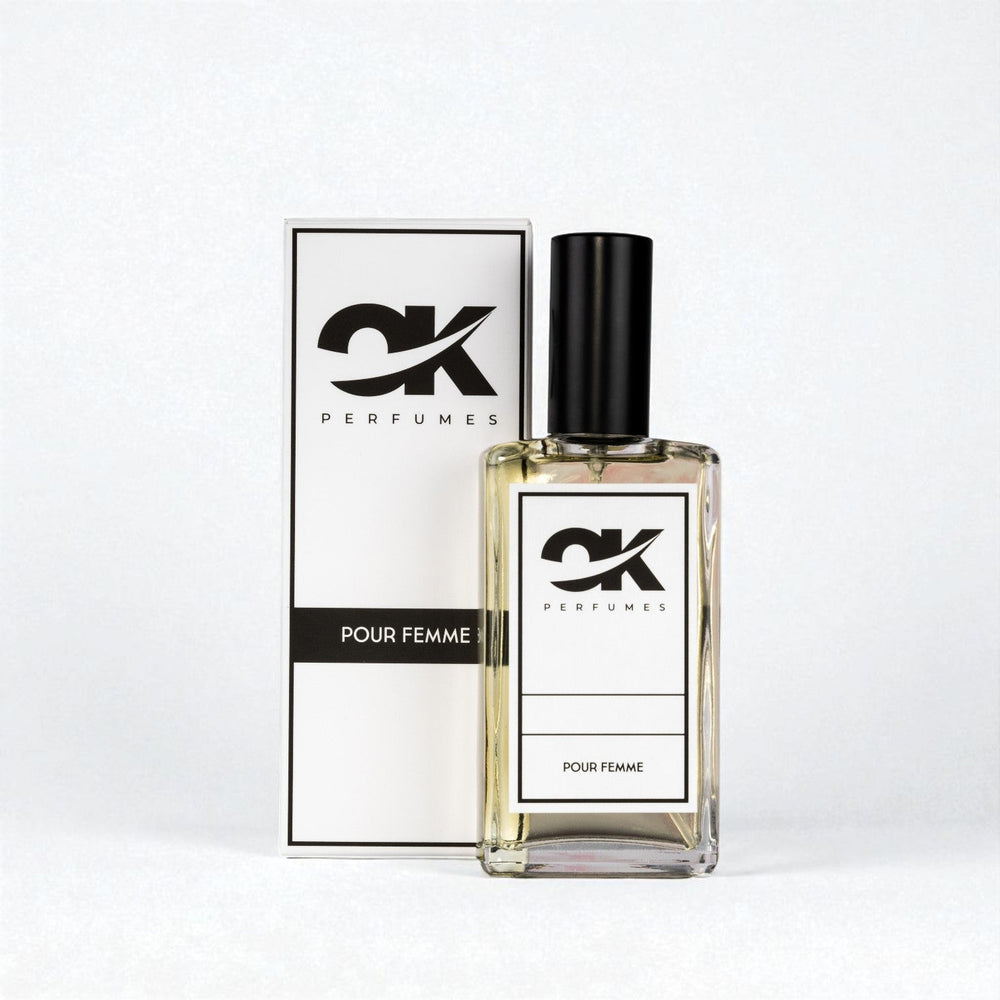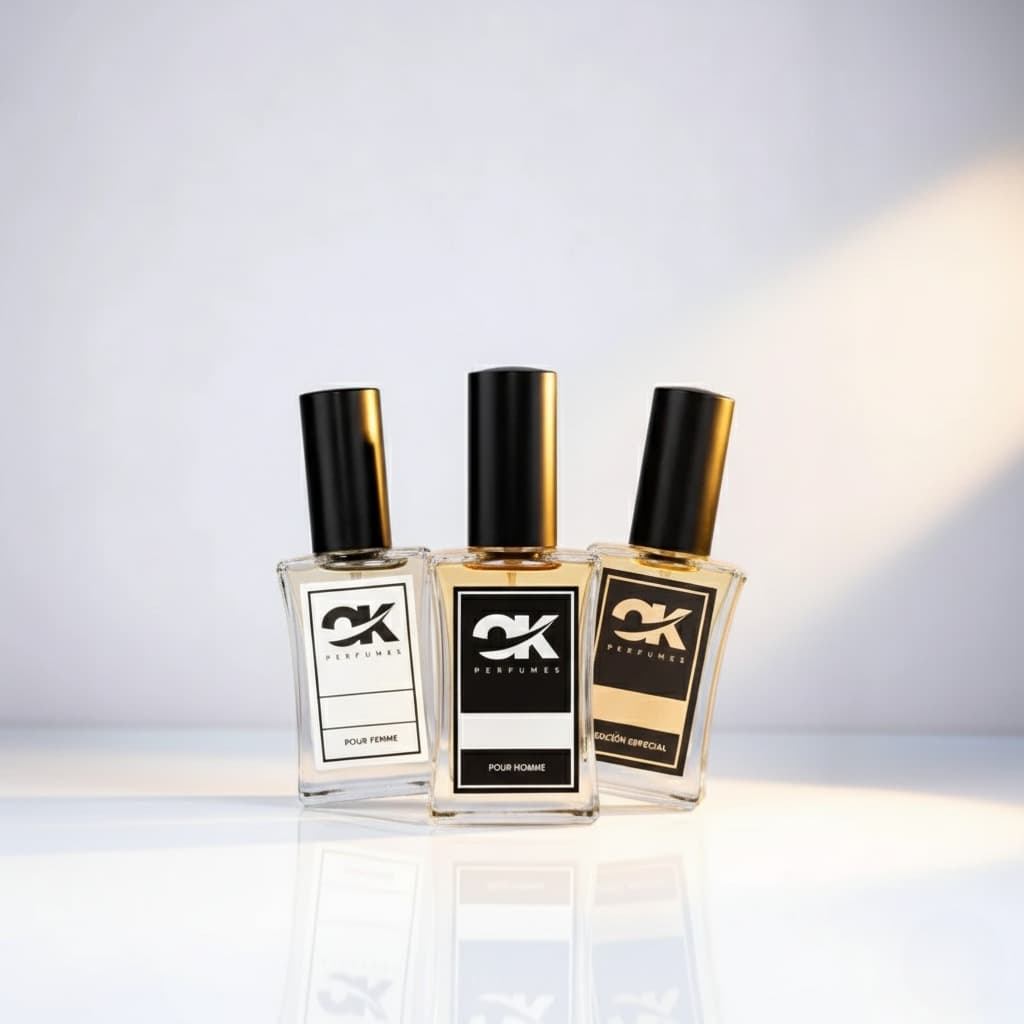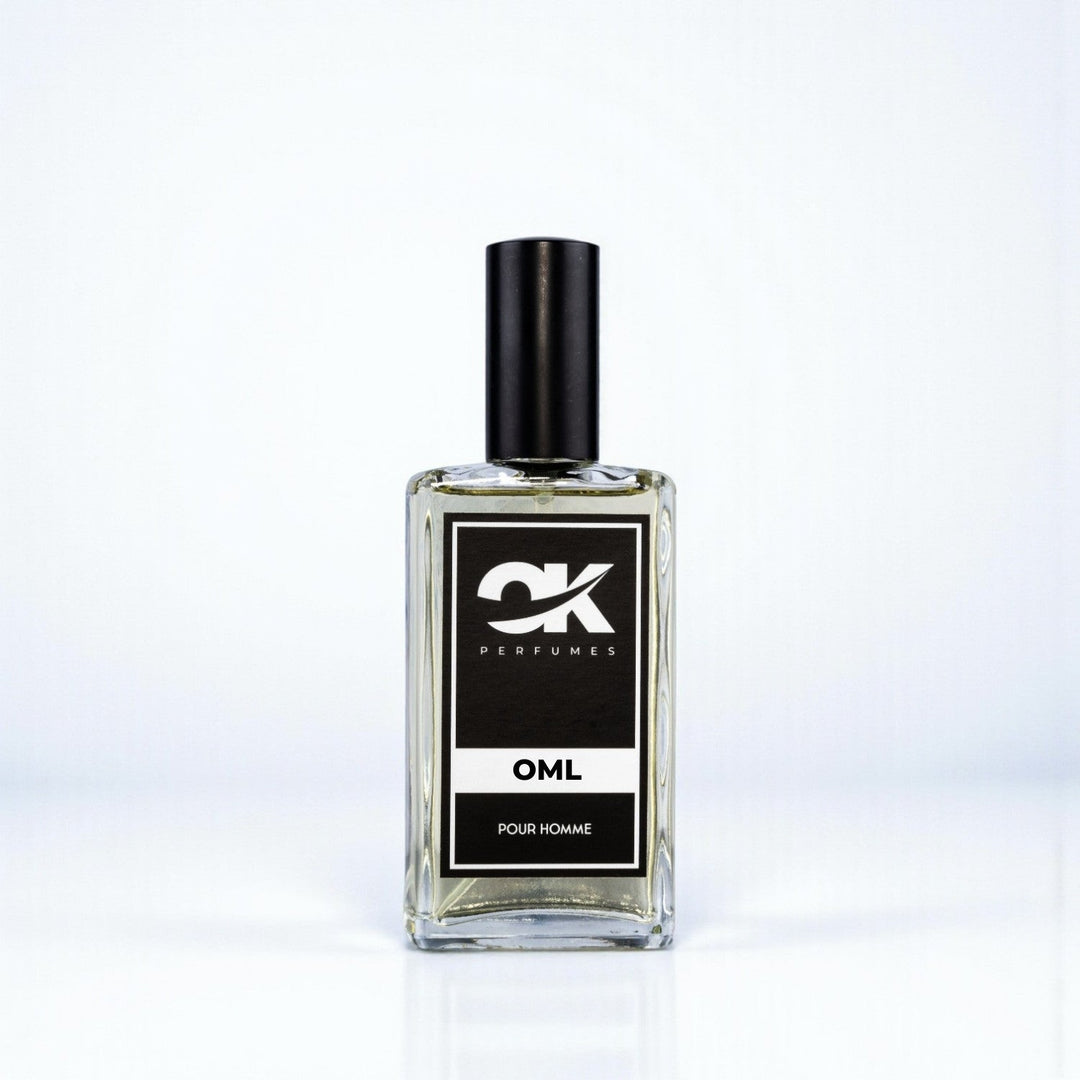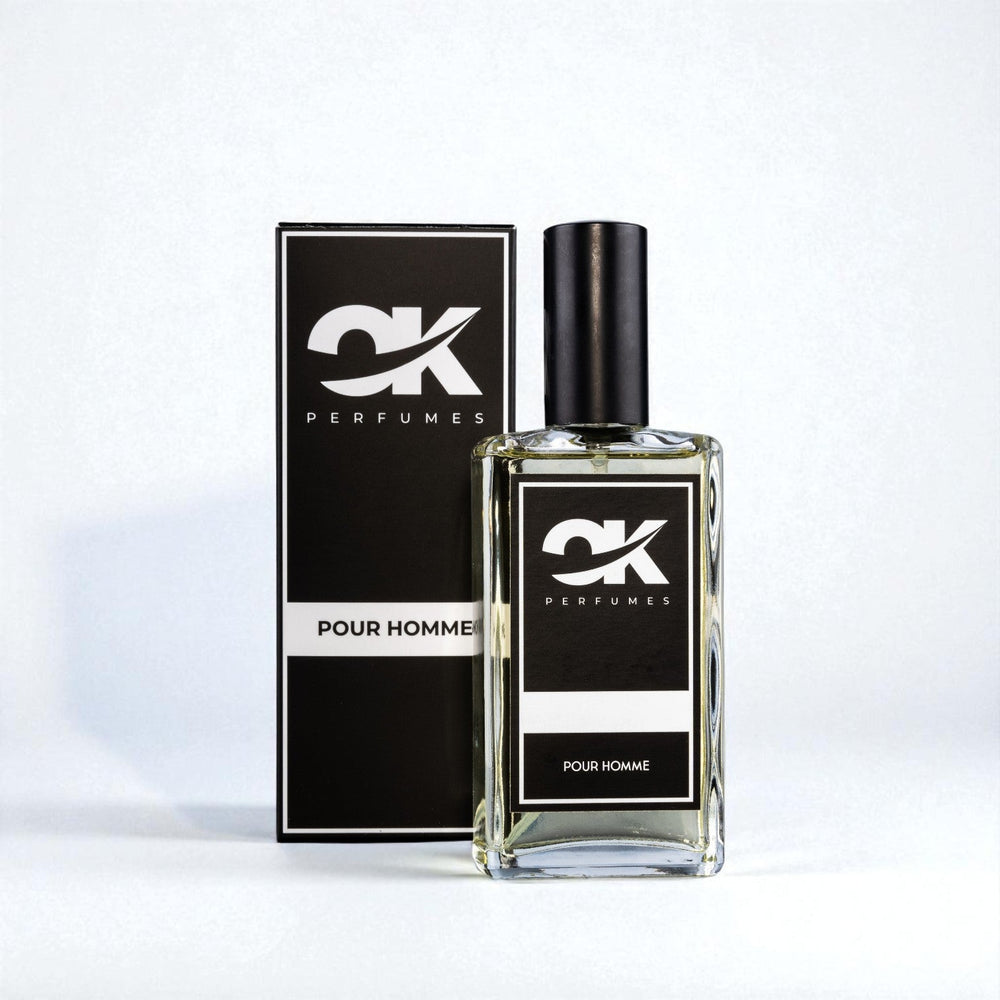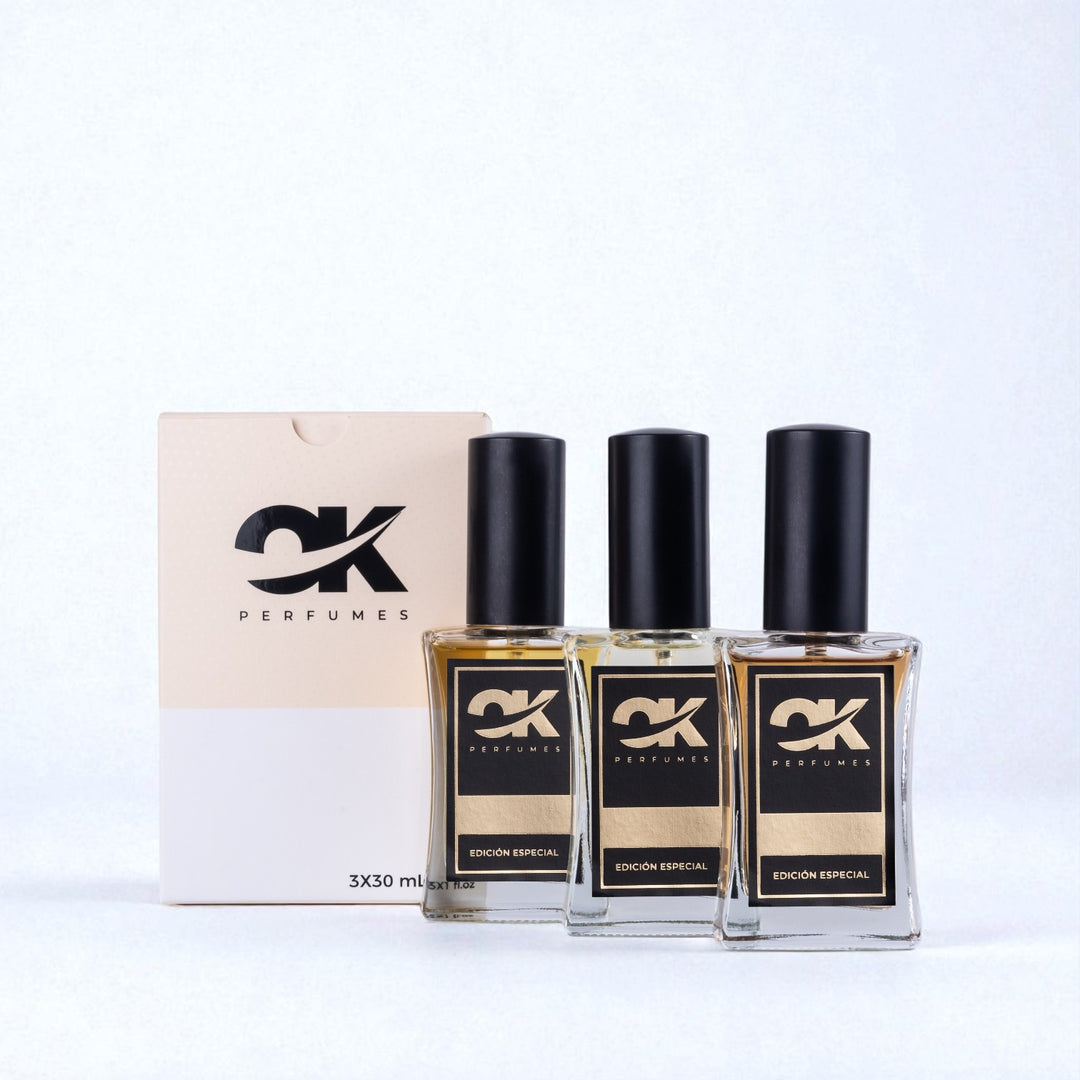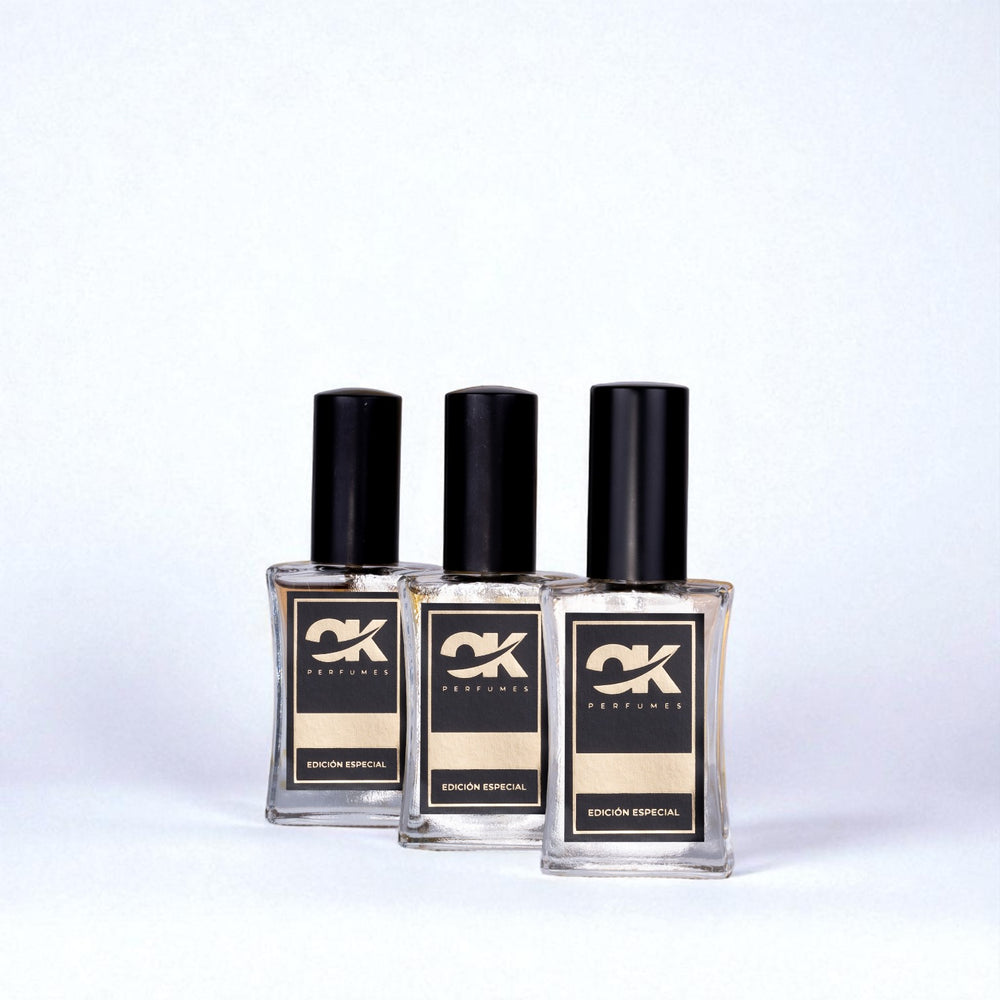How to Make Your Own Homemade Perfume: A Complete Guide
Creating a homemade perfume is not only an art, but also a fun and inexpensive way to express your personality and style. In this step-by-step guide, you'll learn how to make your own quality perfume. Not only will you be able to customize the fragrances to your liking, but you'll also have a unique and special product to wear or give as a gift. Let's get started!
Why Make Homemade Perfume?
There are many reasons to make your own perfume. Here are some of the most important:
- Personalization: You can select the fragrances you like most and combine them to create a unique perfume.
- Ingredient Control: By making your own perfume, you can ensure you use quality ingredients without harmful additives or chemicals.
- Budget Option: Making your own perfume can be cheaper than buying name-brand perfumes.
- Personalized Gift: A handmade perfume is a very special gift for friends and family.
Necessary Ingredients
To create a quality perfume, you'll need a few basic ingredients. Make sure you gather the following before beginning the process:
- Essential Oils: These are the primary components of your perfume. You can choose oils like lavender, rose, orange, or sandalwood.
- Perfumery Alcohol: This is the solvent that will allow your perfume to stay on your skin longer.
- Distilled Water: Used to dilute oils and alcohol.
- Glass Bottles: It is important to store your perfume in dark bottles to protect it from light.
- Test tube or dropper: To accurately measure essential oils.
The Process of Making a Homemade Perfume
Step 1: Choose Your Base Fragrance
The first step in making your own perfume is deciding what type of fragrance you want to create. You can opt for floral, fruity, spicy, woody, or a combination of these. A quality perfume typically has base notes, middle notes, and top notes that blend harmoniously together.
Step 2: Blending Essential Oils
Once you've selected your fragrances, it's time to mix your essential oils. Here's a quick example of how you can combine them:
- Base Notes: Sandalwood, Vetiver, Incense.
- Middle Notes: Lavender, Rose, Ylang-Ylang.
- Top Notes: Lemon, Orange, Bergamot.
To create the blend, use the test tube or dropper to measure and add 10-15 drops of each note, adjusting according to your preferences.
Step 3: Add the Alcohol
After mixing the essential oils, add the perfumer's alcohol. The ratio is generally 70% alcohol and 30% essential oils. This will help the perfume last longer on the skin and help the fragrances blend.
Step 4: Add Distilled Water
Adding distilled water will help soften the mixture and make it more palatable. As with alcohol, the standard ratio is approximately 20% water to the total mixture. Remember that the quality of the water also influences the final result.
Step 5: Let Your Perfume Rest
Once everything is mixed, it's essential to let your homemade perfume sit in a cool, dark place for at least 48 hours. This process is known as "maturation" and is crucial for the fragrances to blend properly.
Step 6: Test and Adjust Your Fragrance
After the resting period, it's time to test your perfume. If you feel it needs more of a certain note, don't hesitate to adjust the blend! You can do this with more essential oils or alcohol, depending on your needs.
Tips for a Quality Homemade Perfume
To ensure your homemade perfume is of the best possible quality, keep the following tips in mind:
- Use natural ingredients: This will not only improve the quality of your fragrance, but will also be safer for your skin.
- Test small: If this is your first time making perfume, start with small amounts to avoid waste.
- Document your recipe: Keep track of the proportions and mix-ins you use so you can replicate your success later.
- Store properly: Use dark bottles and keep the perfume in a cool place to preserve its properties for longer.
Storing Your Homemade Perfume
Proper storage is essential to ensure your perfume maintains its quality and longevity. Here are some tips:
- Dark Bottles: As mentioned before, dark glass will protect your perfume from light damage.
- Cool Places: Keep your perfume away from direct sunlight and heat, which can alter its chemical components.
- Avoid Humidity: Excessive humidity can affect the texture and quality of your perfume. Choose a dry place for storage.
Experiment with your Creations
One of the best parts of making your own perfume is the opportunity to experiment. Don't be afraid to play with different combinations and proportions. Here are some ideas to inspire you:
- Refreshing Summer: Combines mandarin, mint, and lavender oils for a fresh scent on sunny days.
- Cozy Autumn: Blends sandalwood, cinnamon and vanilla for a fragrance that evokes the warmth of autumn.
- Night Ritual: Use jasmine, rose and amber for a sensual and enveloping perfume ideal for the night.
Become a Perfume Master
Now that you have a basic understanding of how to make your own homemade perfume, it's time to get started! With practice, you can become a master perfumer. The benefits of having your own custom fragrance are countless, and with each batch you make, you'll learn more about how to combine notes and create a quality product. Enjoy the process and have fun creating unique fragrances that reflect your personal style!




